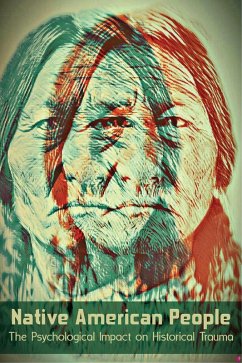To understand the Native American people, it is essential to understand the environment in which they live, know their history, and see how this history has shaped them. It is equally important to understand and respect their worldview, which describes the thought process of a people or a culture. Native Americans were displaced from their traditional lands, their sacred sites were excavated, and their sacred objects were placed in private collections and museums. Their dead were exhumed from their traditional burial sites to make room for ranching and industry. Their artwork was never seen as separate from their culture. It was commercially reproduced and modified for Western tastes. Traditional ceremonies and stories were depicted, usually inaccurately, in novels, movies, and on television. Their way of life was disrupted, and they were forced to accept religious institutions whose dogmas often conflicted with Native American values.
A variety of terms have been used interchangeably to refer to America's indigenous populations "Indians," "Native Americans," "American Indians," Native peoples." The problem of terminology began with Columbus. He was lost. The people he met were not Indians because he was not in India. Still, for six centuries, these peoples have been called "Indians." They are many different peoples and many different nations with many other languages. To justify the use of "Indians," which some scholars find offensive, I refer to Sherman Alexie's remark during a reading in Milwaukee, Wisconsin, March 1993: "The white man tried to take our land, our sovereignty, and our languages. He gave us the word "Indian." Now he wants to take the word "Indian" away from us too. Well, he can't have it." Throughout this book, all these terms have been used interchangeably to best reflect the subject being discussed.
Dieser Download kann aus rechtlichen Gründen nur mit Rechnungsadresse in A, B, CY, CZ, D, DK, EW, E, FIN, F, GR, H, IRL, I, LT, L, LR, M, NL, PL, P, R, S, SLO, SK ausgeliefert werden.


